In a shocking turn of events, Activision has admitted that its much-touted RICOCHET anti-cheat system for Call of Duty: Modern Warfare 3 and Warzone had a critical flaw that led to the banning of legitimate players. The revelation comes mere days before the highly anticipated release of Black Ops 6, raising concerns about the effectiveness of the company’s anti-cheat measures.
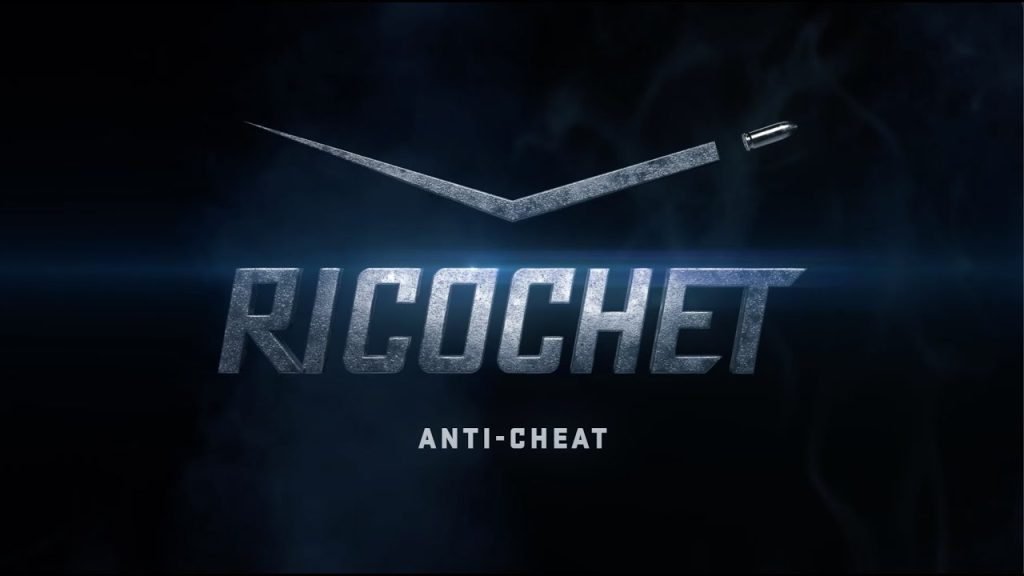 A friendly fire incident that may come at a great cost for the company. | Image Credit: Activision
A friendly fire incident that may come at a great cost for the company. | Image Credit: ActivisionThe incident has sparked outrage among the Call of Duty community, with many demanding greater transparency and accountability from Activision regarding its anti-cheat efforts.
As the gaming giant scrambles to restore faith in its “multi-faceted approach to combat cheating,” questions remain about the true extent of the damage caused by this exploit.
The RICOCHET Exploit: A Closer Look
According to a recent X post by cheat seller zebleer, the RICOCHET exploit involved a flaw in the anti-cheat system’s signature scanning mechanism. Essentially, the system would flag players as cheaters if certain phrases, such as “Trigger Bot,” were found in their game’s memory.
However, this method was easily exploitable, as anyone could send a message or friend request containing these phrases, causing innocent players to be banned.
RICOCHET Anti-Cheat identified and disabled a workaround to a detection system in Modern Warfare III and Call of Duty: Warzone that impacted a small number of legitimate player accounts. We have restored all accounts that were impacted. An…
Activision‘s statement, while acknowledging the issue, has been criticized for downplaying the number of affected players. The community is demanding more information about the scale and duration of the exploit:
What is a “small number” and how long was this “workaround” being used for??
— ModernWarzone (@ModernWarzone) October 17, 2024Some players are even calling for the company to release a list of the impacted accounts to clear their reputations:
1. This is insane.
2. Can y’all release a list of the legitimate accounts that were impacted? Impacted individuals deserve to have their reputations cleared.
3. Please invest in a legitimate anti cheat or be more open about the current system in place. The cheat developers…
The true extent of the damage caused by this exploit may be far greater than Activision is letting on. According to zebleer, “several thousand random COD players were banned by this exploit before the streamers began to be targeted.” This claim directly contradicts Activision’s assertion that only a “small number” of accounts were affected.
If true, it suggests that the company may be significantly downplaying the scale of the problem, raising further questions about their transparency and handling of the situation.
The Fallout: Careers Ruined and Trust Broken
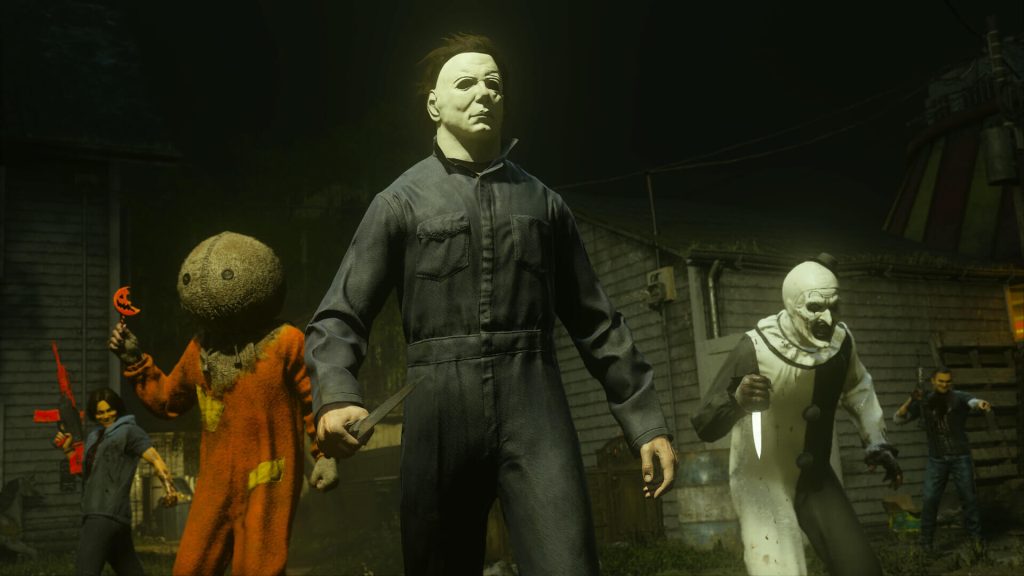 Halloween did come early for a number of fans. | Image Credit: Activision
Halloween did come early for a number of fans. | Image Credit: ActivisionOne of the most high-profile victims of the RICOCHET exploit was popular content creator and Twitch streamer BobbyPoff, who was hit with a permanent ban at the start of the month without any explanation. This incident not only caused confusion among his fans but also led to a toxic backlash from a small portion of the community who accused him of cheating.
Maybe some compensation too
— hellsinferno1 (@DINOELK1) October 17, 2024The BobbyPoff case highlights the real-world consequences of Activision’s flawed anti-cheat system. Content creators and professional players rely on their reputations and access to the game to make a living, and false bans can have devastating effects on their careers.
With Call of Duty: Black Ops 6 just around the corner, Activision needs to restore faith in its anti-cheat system—and fast. The promised “Progress Report” blog can’t come soon enough for players who are now eyeing RICOCHET with suspicion.
What do you think? Is it time for Call of Duty to adopt a more invasive but potentially more effective anti-cheat system like Valorant‘s Vanguard? Or should Activision double down on improving RICOCHET? Let us know your thoughts in the comments below!
.png)
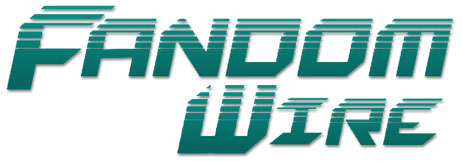 2 hours ago
8
2 hours ago
8
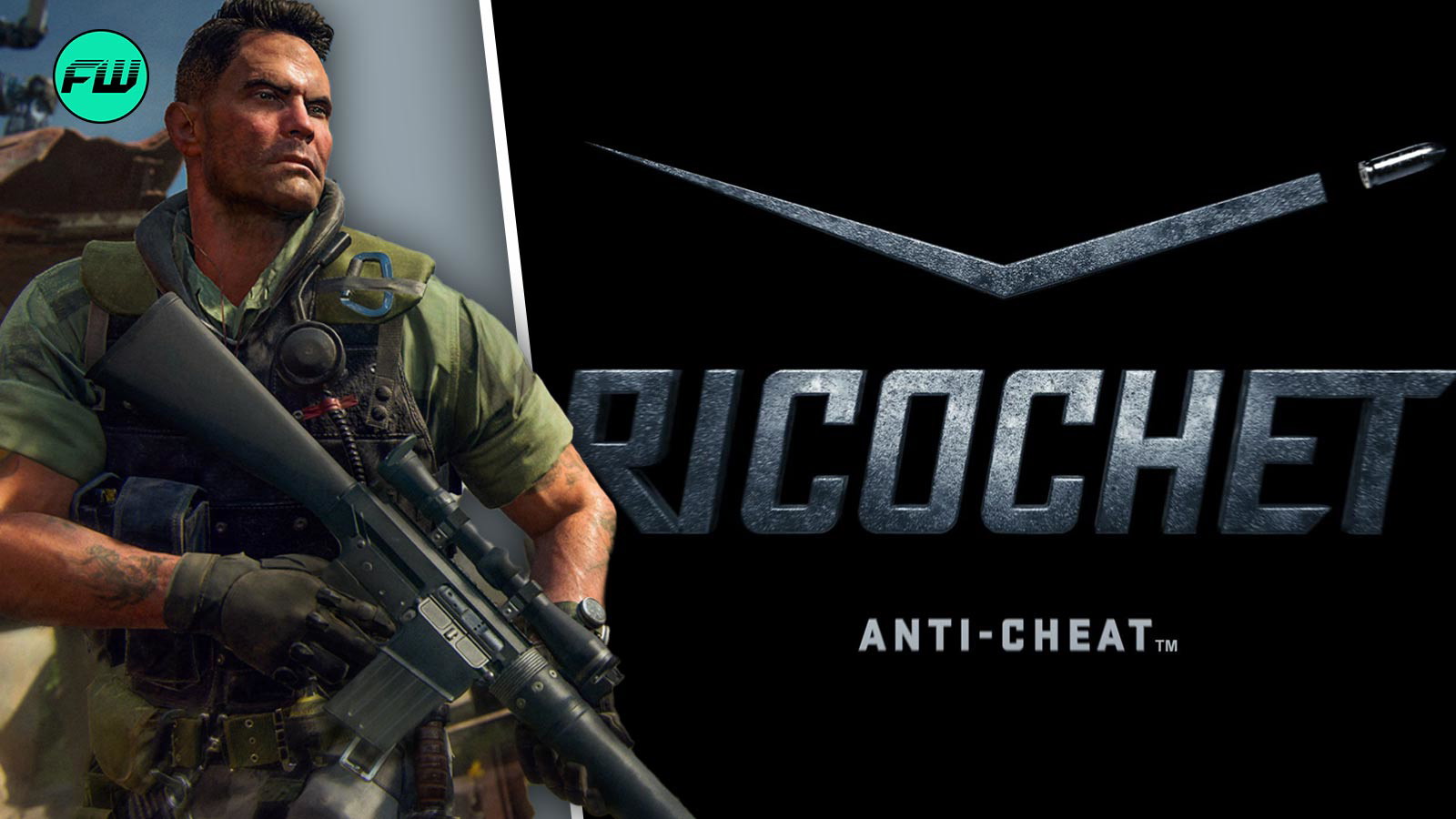

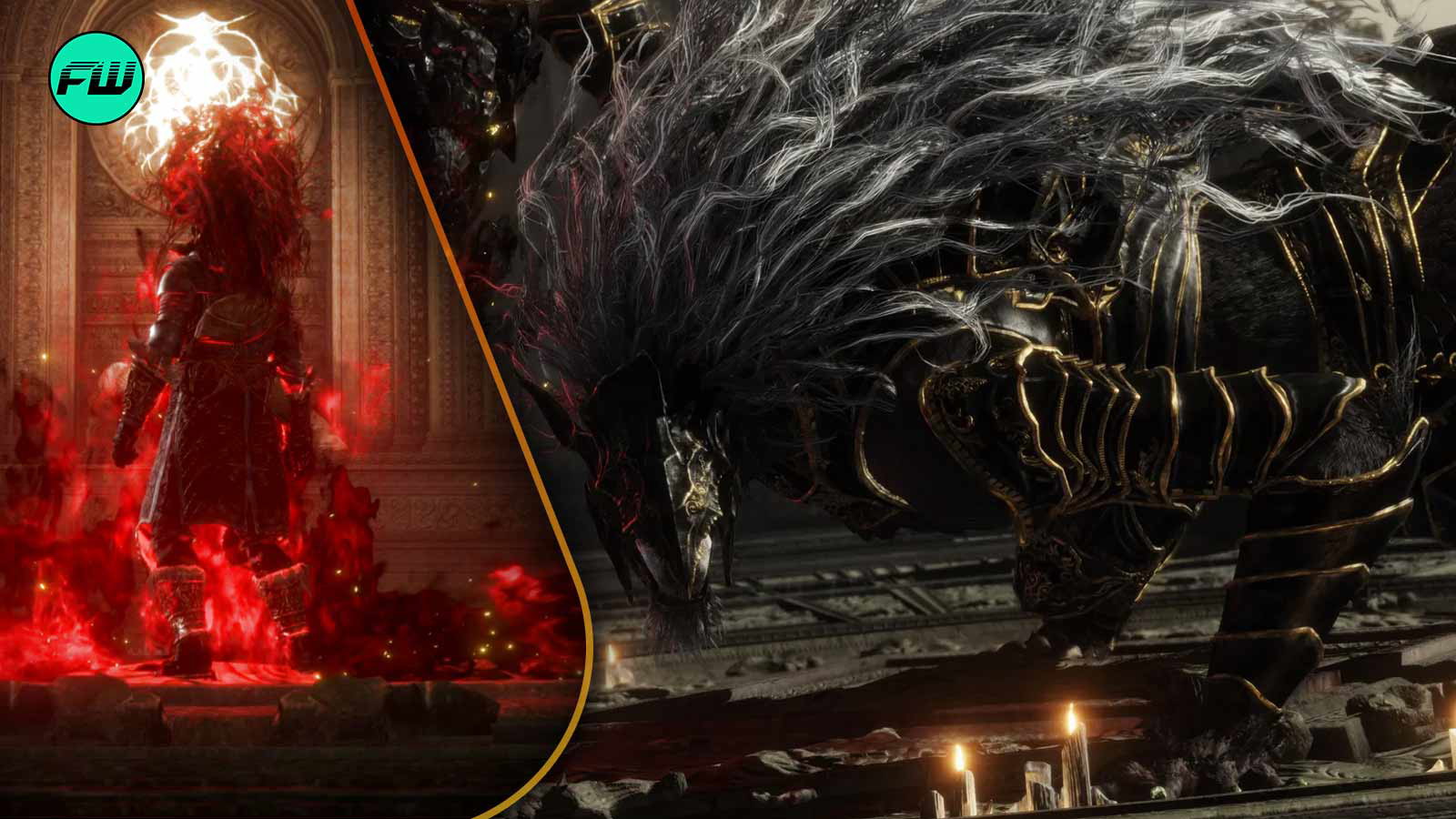
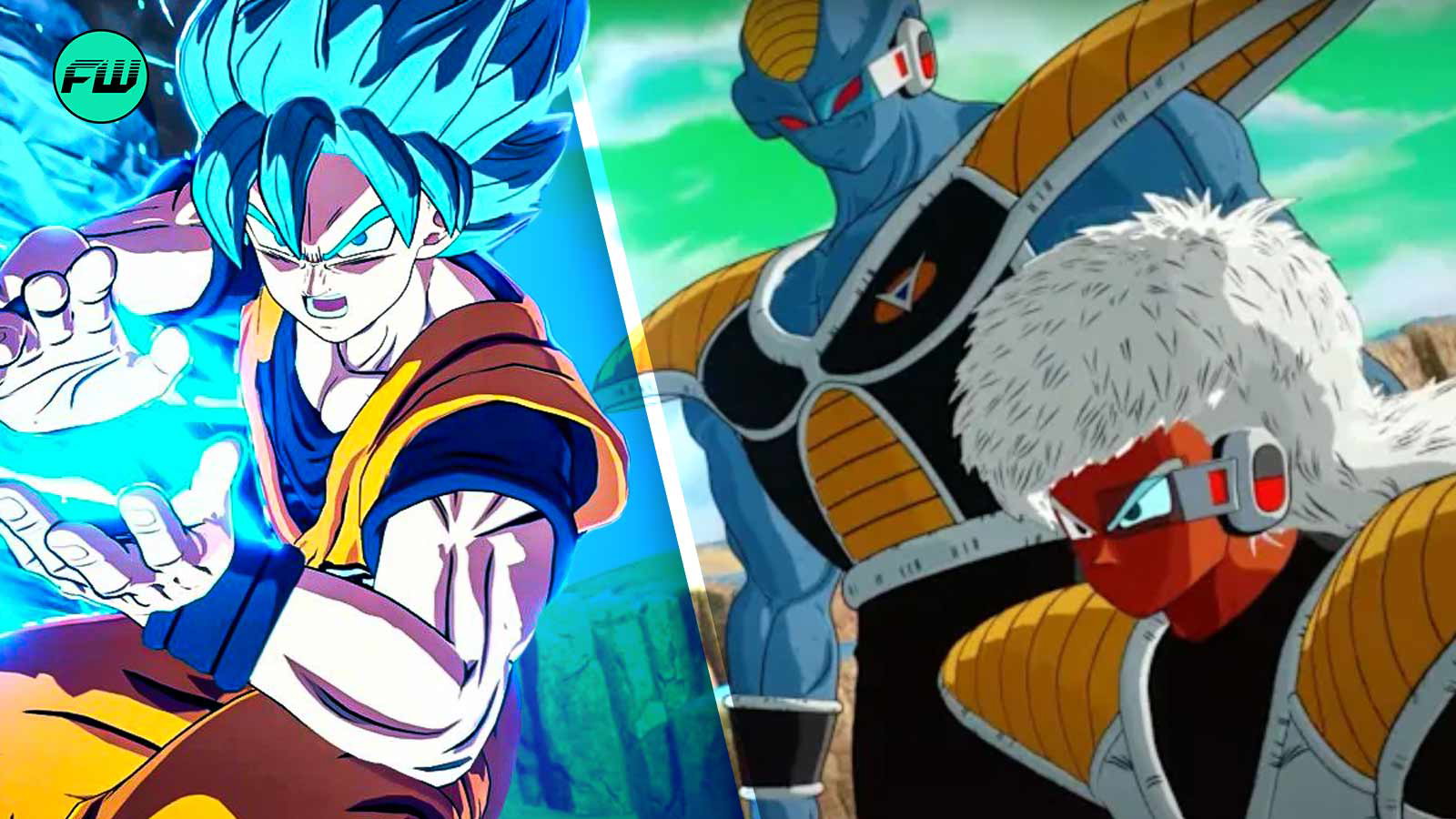
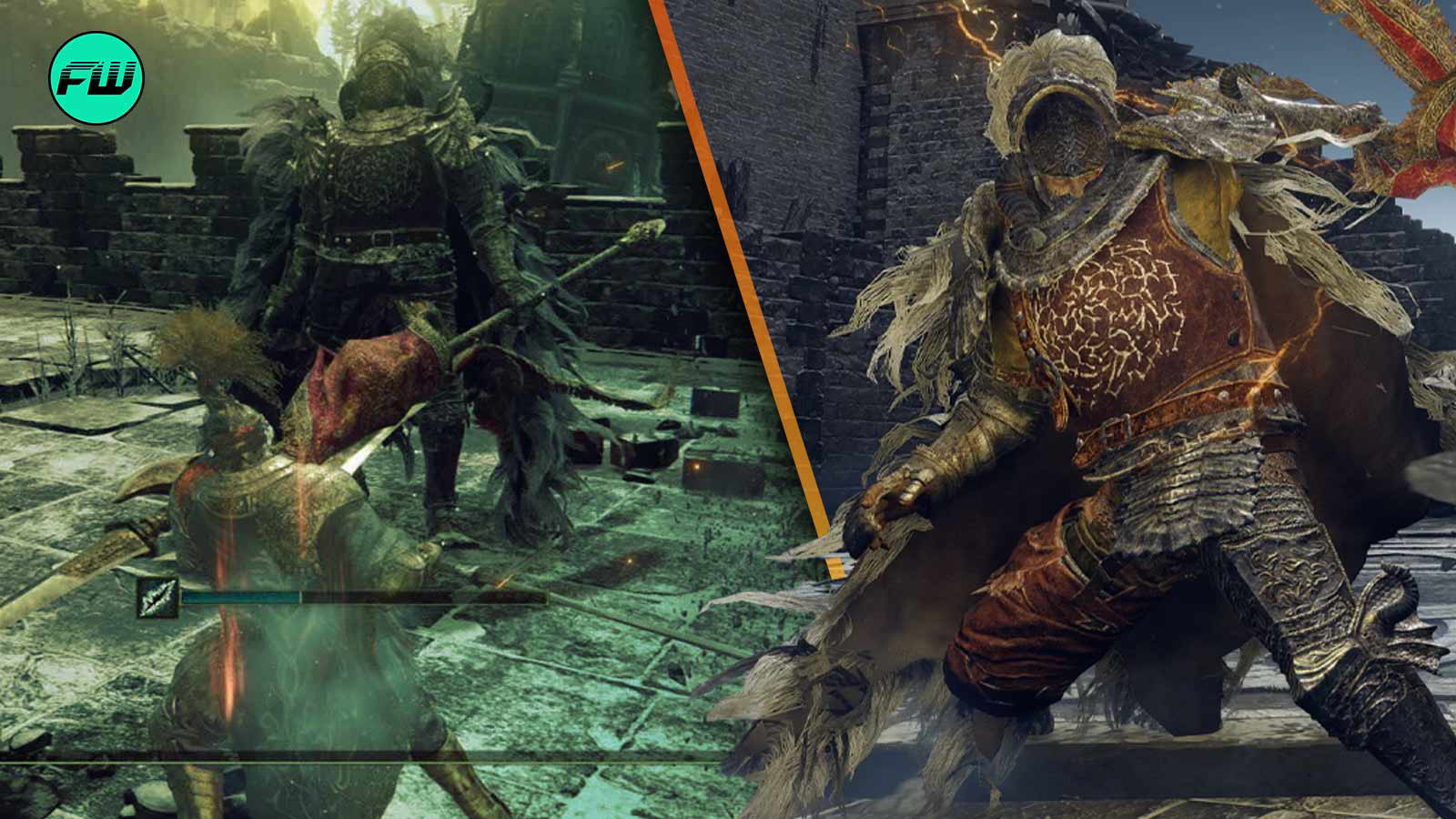
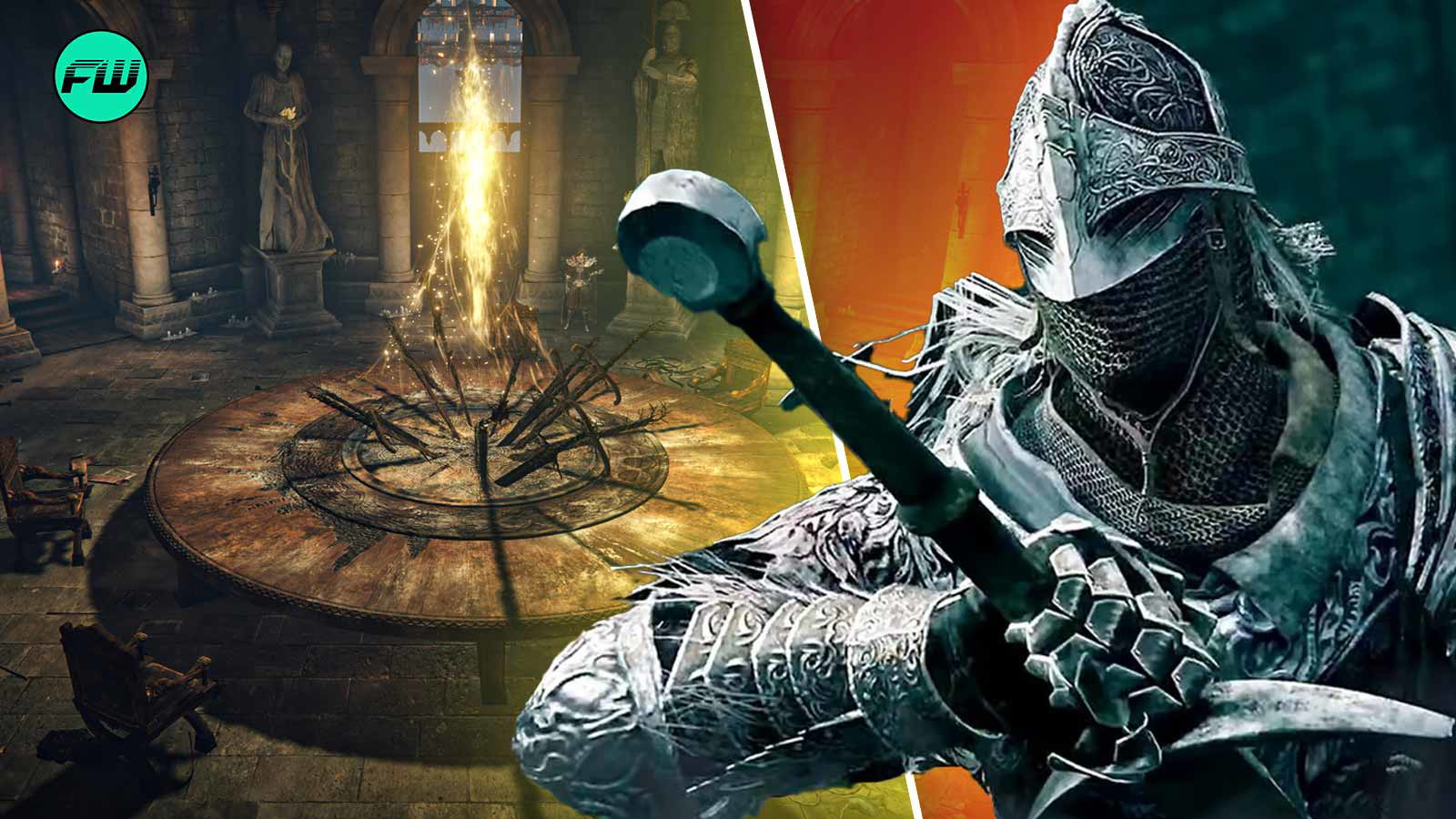
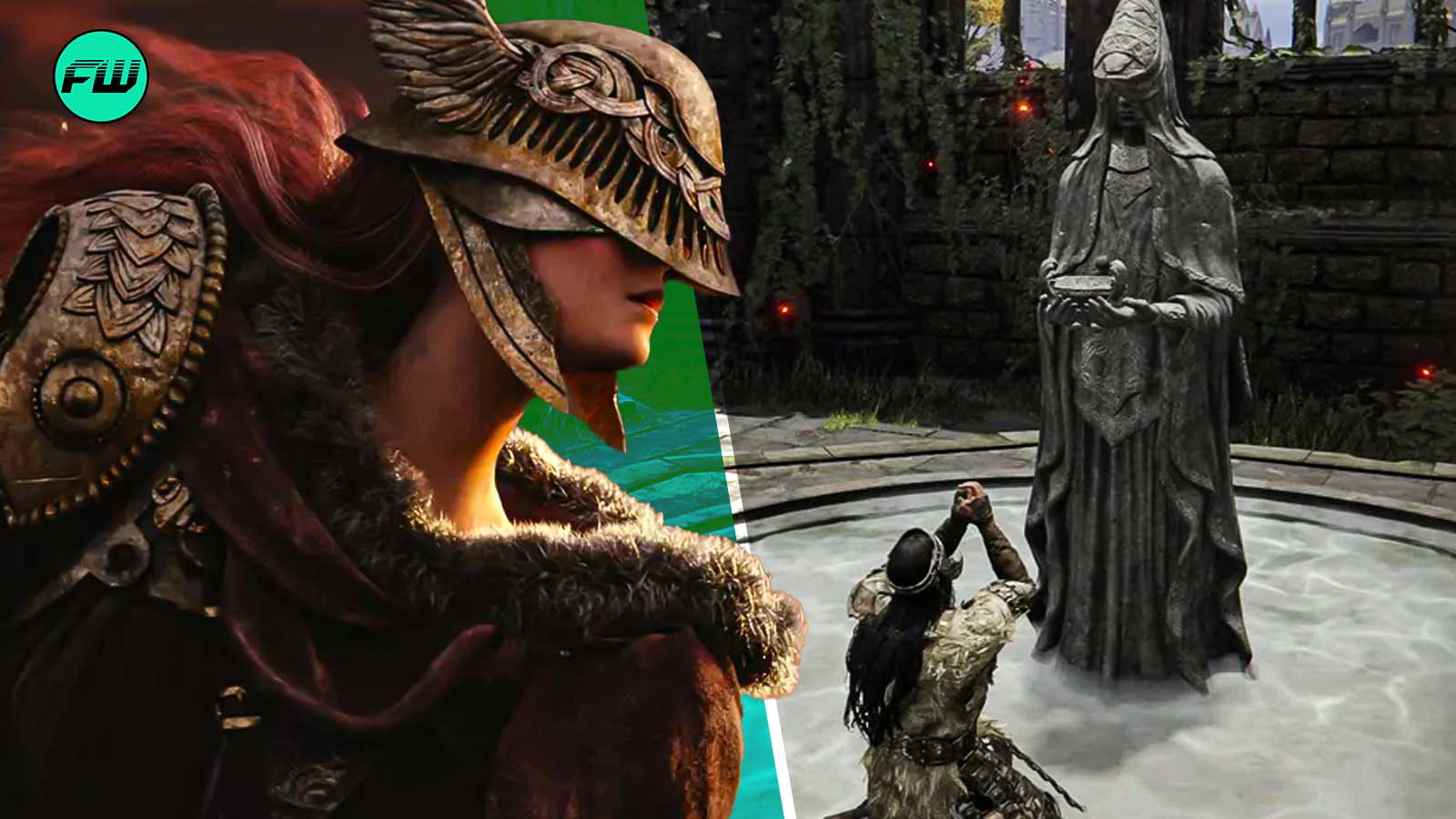



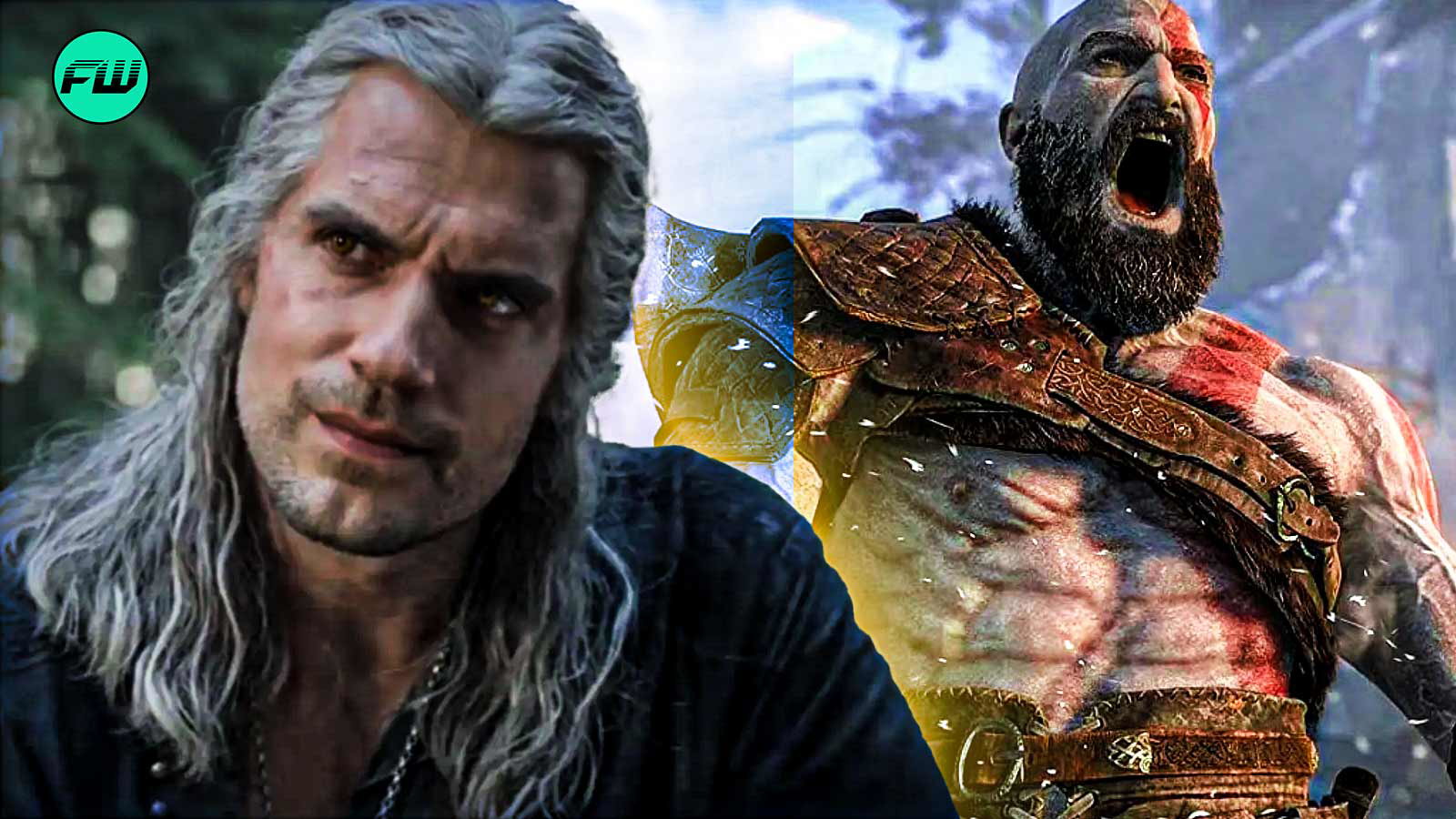

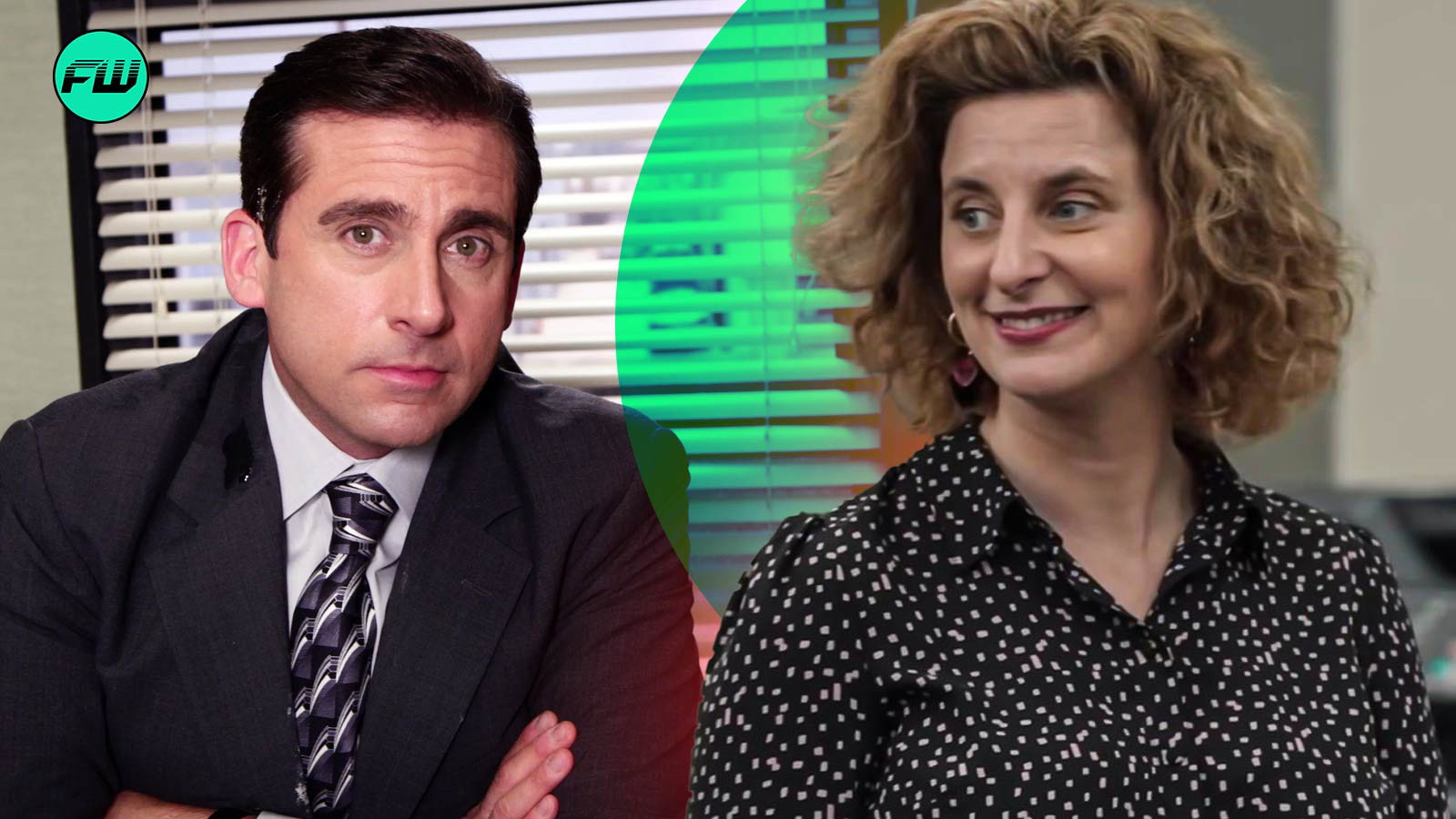
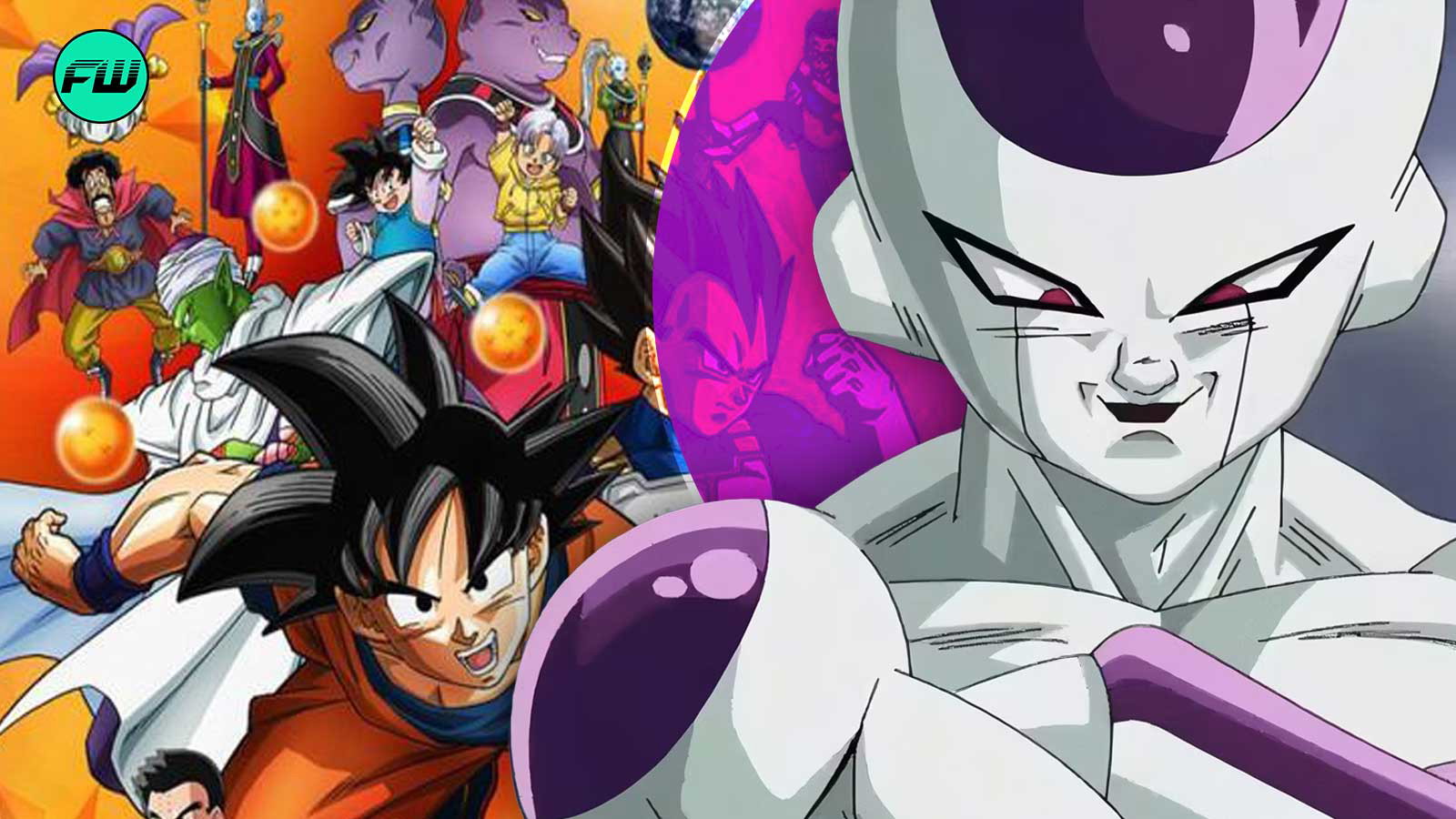












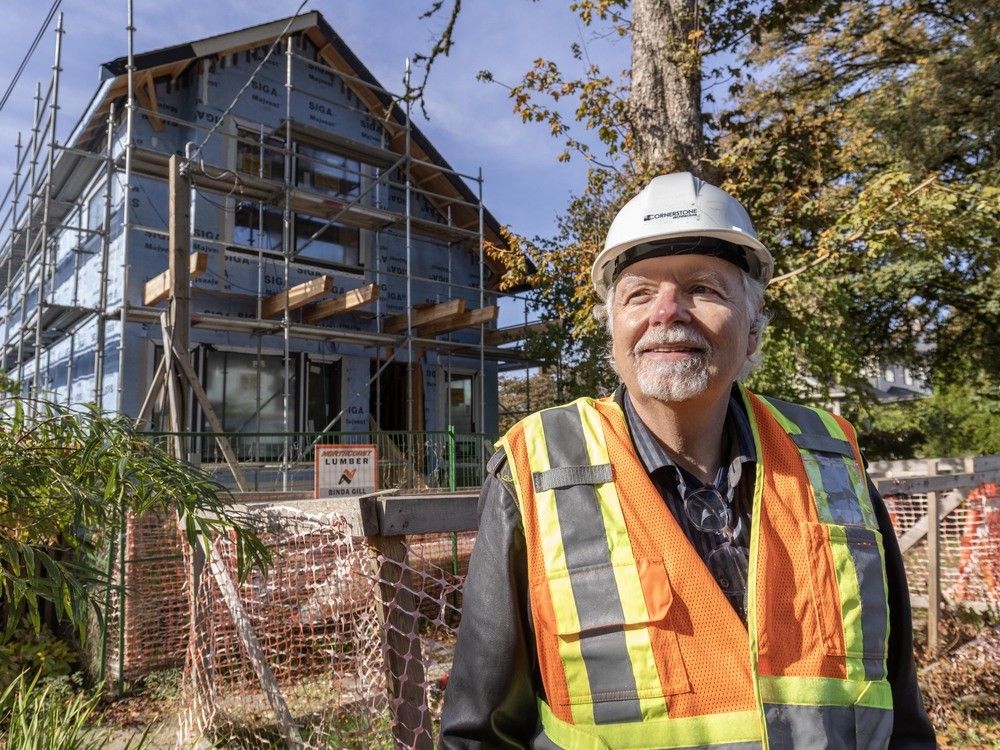

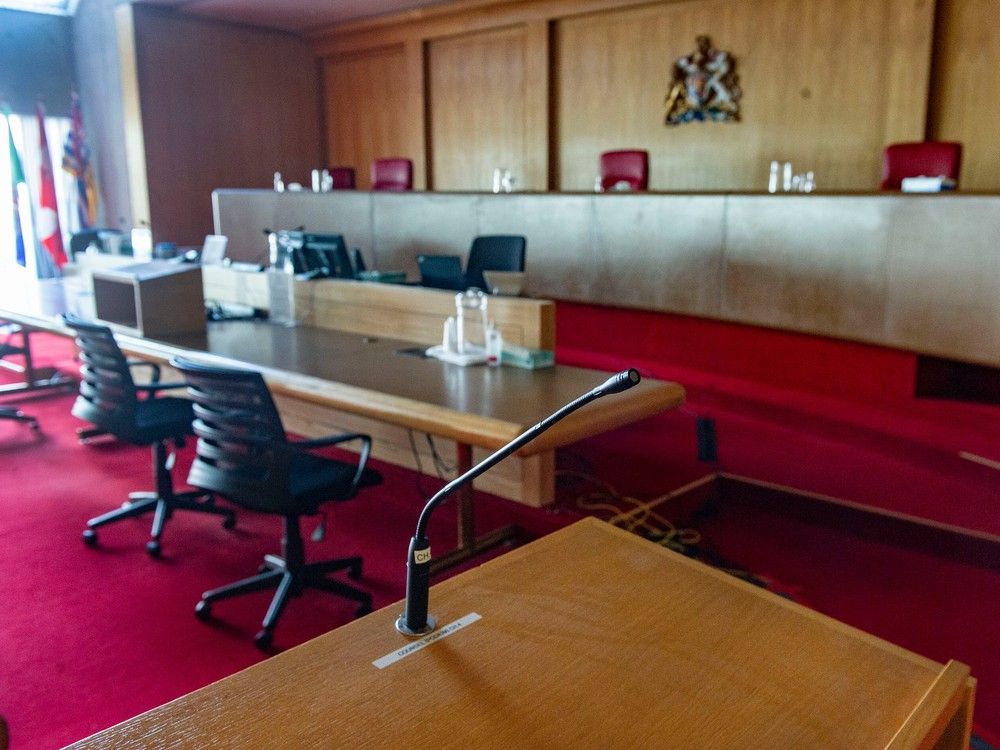
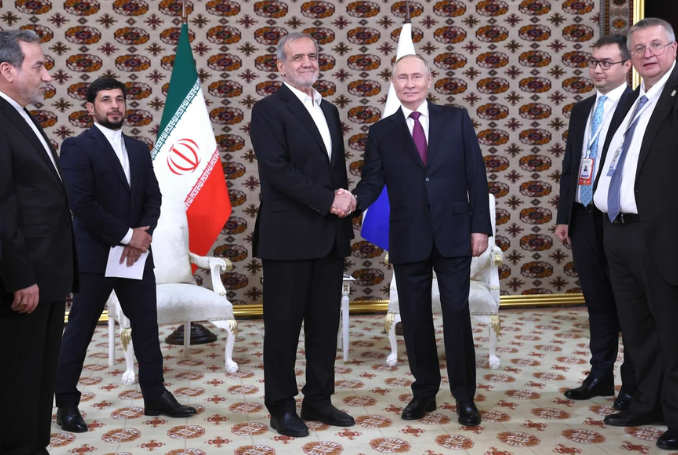

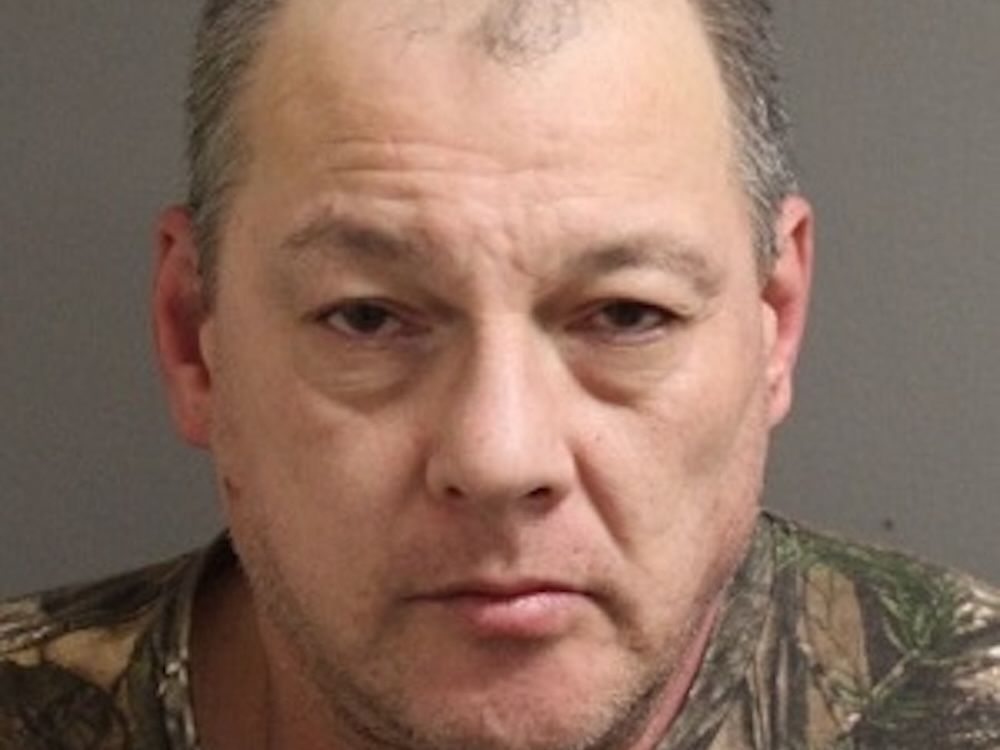


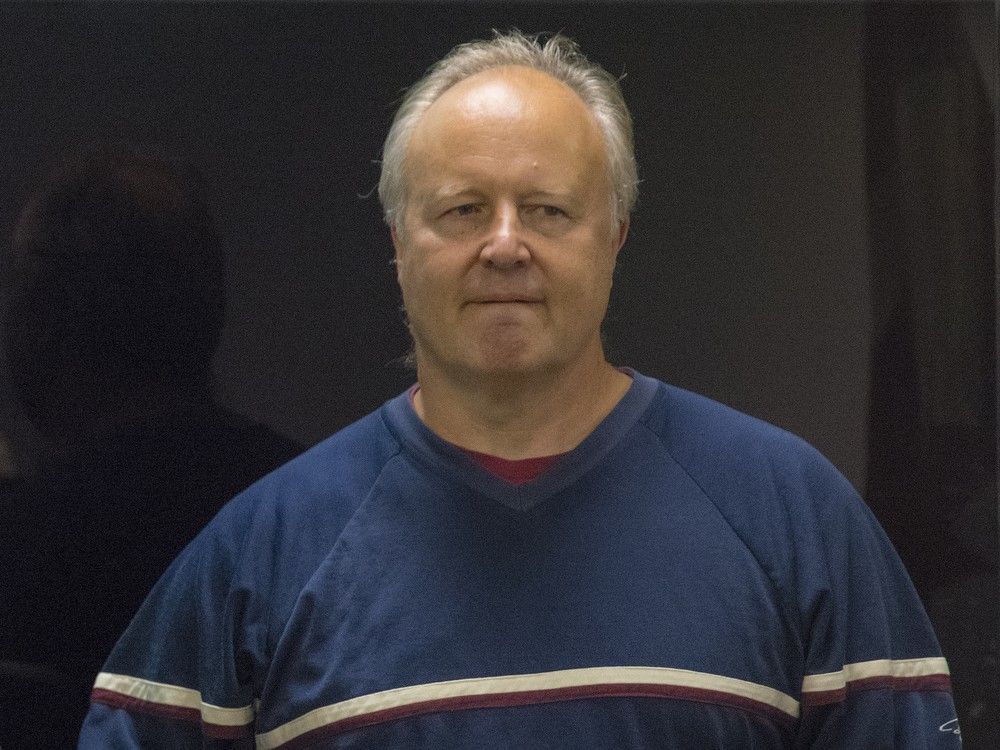
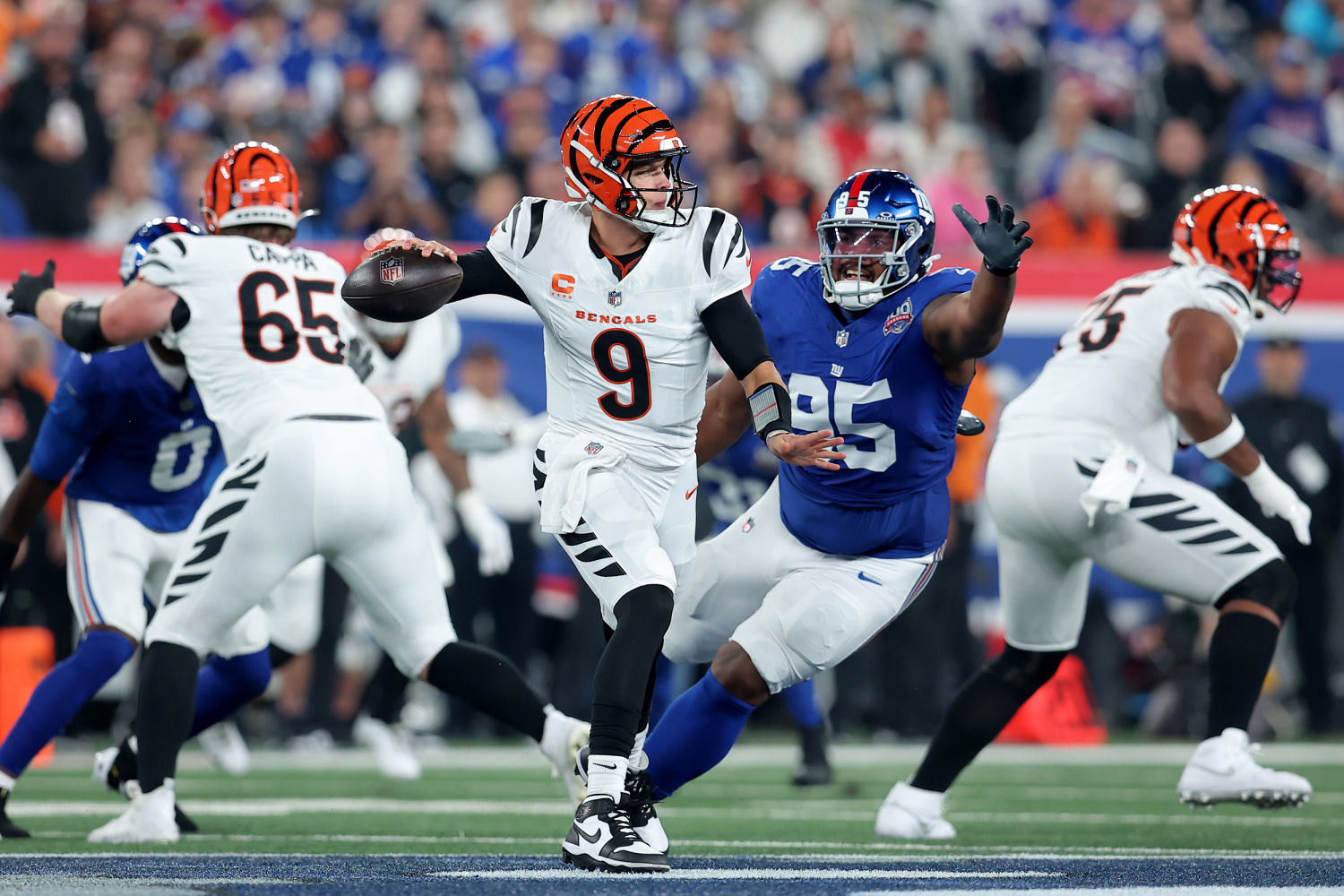
 Bengali (BD) ·
Bengali (BD) ·  English (US) ·
English (US) ·